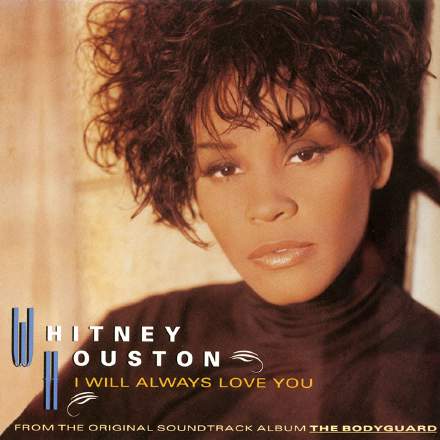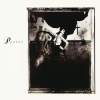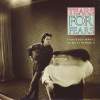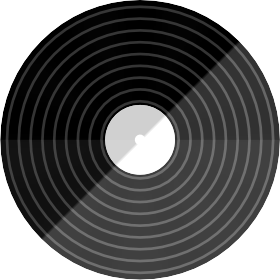
Ah, the early ’90s: it was the best of times, it was the worst of times! Best, in that this song features one of the decade’s great vocal performances, hit-meister David Foster’s beautifully paced arrangement, and a luxuriantly reverberant mix from Dave Reitzas. On the downside, that abrasive sax solo really sets my teeth on edge, and neither the electric piano at 1:08 nor the final key-change’s iconic tom ‘boooosh!’ have aged very gracefully.
The vocal is note-worthy on so many levels. Youtube footage of Houston’s live performances show that she was one of those less common singers who move their jaw as part of the vibrato motion, and I think the effects of that are quite audible here on the chorus’s sustained word “I”. Notice how the frequencies of her vocal formants wobble in the upper mid-range at 1:55, for instance, which stands to reason if she’s modulating the shape, and hence the resonant characteristics, of her vocal tract. I also like that she varies her vibrato tactically for emotional effect, in particular delaying its onset way beyond the start of certain syllables. On the opening “I” of the second and third choruses, for example, she waits more than three seconds, while the “you” at 2:00 is also pretty impressive, at 2.5 seconds. As with Mariah Carey’s 'Without You', I think moments of restraint like these are vital if you’re going to maximise the impact of the inevitable diva histrionics in this style.
That said, Whitney can’t take all the credit here, I think, because her live performances seem significantly less restrained, and I suspect that the technical wizardry of Foster and Reitzas may have been an important factor. Although Pro Tools was in its infancy at the time, Reitzas had already built a strong reputation for digital editing using the sampler in Sony’s digital multitrack recorders, implementing different crossfade lengths, timing correction, and (in conjunction with the AMS DMX 15-80S) even pitch-correction. For evidence, check out that lumpiness towards the end of “way” at 0:34, or the word “you” at 3:57, which has what sounds like a crossfade gain-dip about a second in and a sudden change in timbral airiness after about 3.5 seconds. Further evidence of an in-depth comping process is what sounds like background crosstalk from alternate takes just before “I would only” (0:10) and “but I know” (0:23), as well as a fade-out in the background noise before “I’ll think of you” (0:27). I wish they’d also notched that 3.9kHz whistle out of the opening sibilance of “so I’ll go”, though.
Although Arista Records boss Clive Davis apparently, to Dave Foster’s chagrin, released Dave Reitzas’s rough mix, it nonetheless features plenty of great automation ‘pushes’ emphasising moments of background musical interest: the kick and bass at 1:18 and 1:22; the guitar fill at 1:36; the open hi-hat at 1:45; the keyboard pad at 2:02; the strings at 2:21; and the electric piano at 2:41. But my favourites are both bass rides, one at 2:26 emphasising the line’s juicy tritone clash with the sax solo’s first real blue note, and the other at 3:37 boldly bringing that upper-register fill note so far out of the balance that it’ll have your eye out!
Oh, and just for a bit of extra amusement, I realised that the chorus of this song just so happens to line up rather well with another rather well-known hit, Bonnie Tyler’s 'Total Eclipse Of The Heart', and couldn’t resist a moment of mischievous mash-up action… play_arrow | get_app










